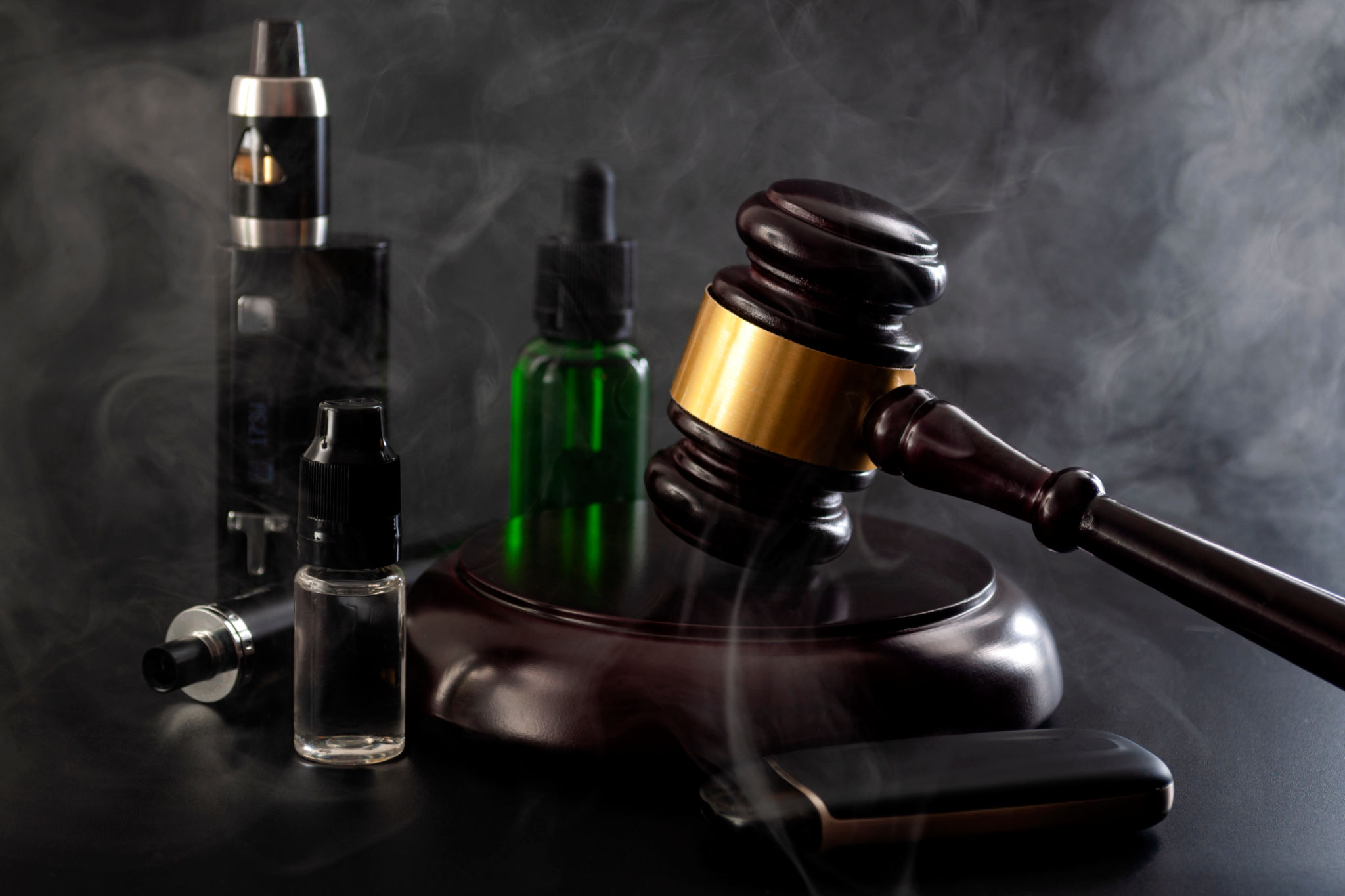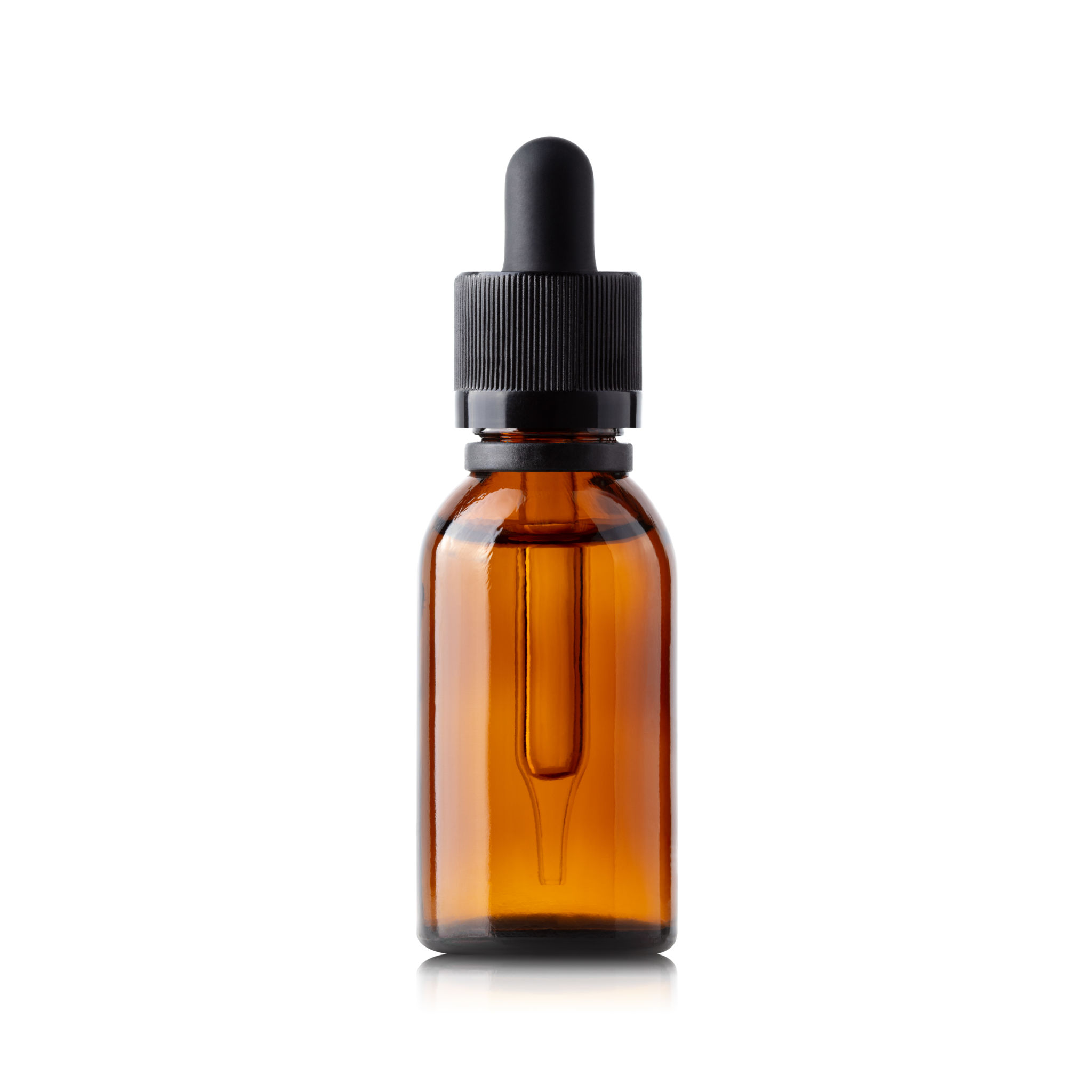Navigating Swiss Vape Regulations: What You Need to Know
Understanding Swiss Vape Regulations
Switzerland is known for its precision in many fields, and its approach to vape regulations is no exception. As vaping continues to gain popularity, understanding the Swiss regulatory landscape is crucial for both consumers and businesses. Navigating these rules can seem daunting, but with the right information, you can stay compliant and enjoy your vaping experience worry-free.

The Legal Framework for Vaping in Switzerland
The foundation of vaping regulations in Switzerland is grounded in the Tobacco Products Act. This act outlines the rules for manufacturing, advertising, and selling tobacco-related products, including e-cigarettes and e-liquids. One of the key aspects of this legislation is that it prohibits the sale of nicotine-containing e-liquids to minors under the age of 18.
Switzerland differentiates itself from some of its European neighbors by allowing the sale of nicotine-containing e-liquids, although they must meet specific safety standards. This distinction provides a unique market opportunity for businesses operating within the country.
Labeling and Packaging Requirements
Swiss regulations mandate that e-liquid packaging must include comprehensive labeling to ensure consumer safety. Labels must display the nicotine content, ingredients, potential hazards, and instructions for safe use. This emphasis on transparency helps consumers make informed decisions about the products they purchase.

Child-resistant packaging is another critical requirement. E-liquids must be packaged in containers that are difficult for children to open, reducing the risk of accidental ingestion. This regulation underscores Switzerland's commitment to protecting public health, particularly among vulnerable populations.
Advertising and Promotion Guidelines
Advertising regulations for vaping products in Switzerland are strict. Companies must navigate these rules carefully to avoid penalties. The advertisement of vaping products is prohibited on television, radio, and in cinemas. Additionally, there are restrictions on promoting these products near schools or targeting minors.
Despite these restrictions, companies can still engage with their audience through online platforms and print media, provided they adhere to guidelines that prevent misleading claims about the health benefits of vaping.

Import and Export Regulations
Switzerland's position outside the European Union gives it a unique stance on import and export regulations concerning vaping products. Businesses looking to import e-liquids or devices into Switzerland must comply with specific customs requirements and safety standards. These include ensuring that products are registered with the relevant Swiss authorities.
Exporting vaping products from Switzerland also requires adherence to international standards and regulations set by the destination country. Ensuring compliance with these varying rules is essential for businesses seeking to expand their reach globally.
Staying Informed and Compliant
For both consumers and businesses, keeping up-to-date with changes in Swiss vape regulations is crucial. Engaging with local regulatory bodies and industry associations can provide valuable insights into any shifts in policy or new compliance requirements.
Ultimately, understanding and adhering to these regulations not only ensures legal compliance but also fosters consumer trust. By prioritizing safety and transparency, businesses can build a loyal customer base in the dynamic Swiss vaping market.
